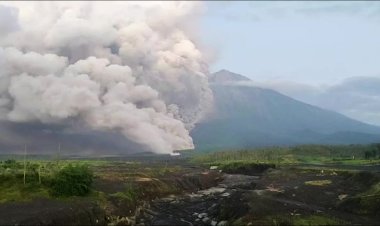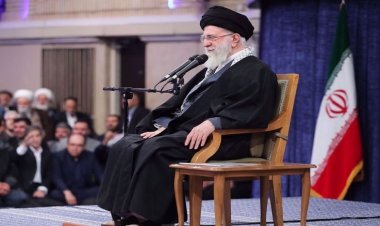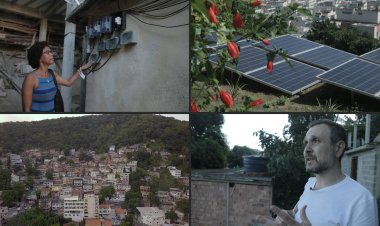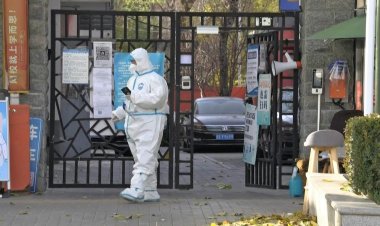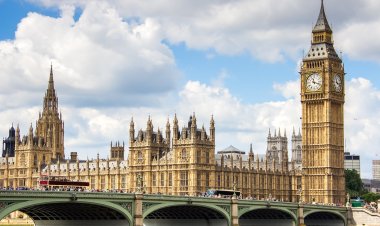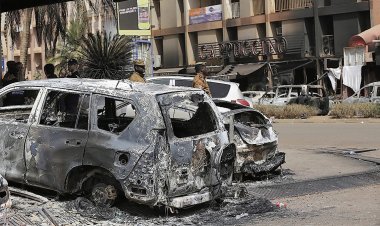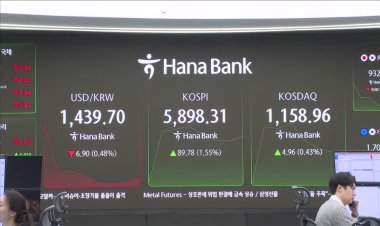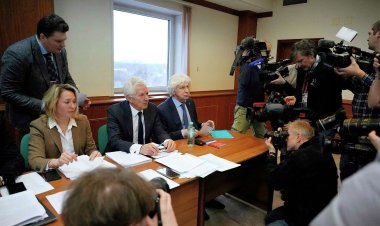King Abdullah II of Jordan meets President Abbas in Ramallah
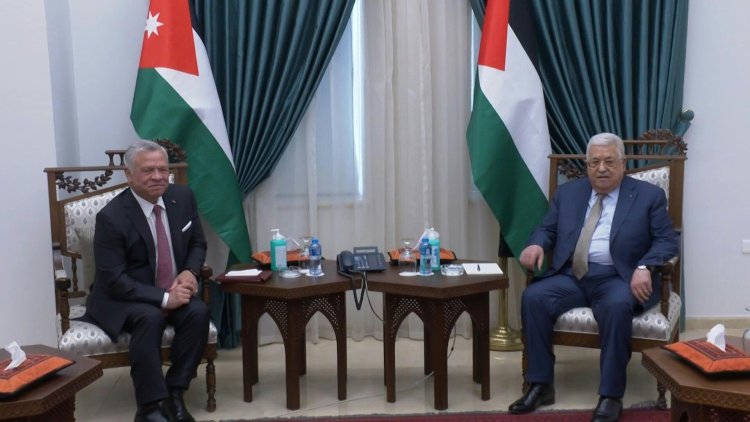
Jordan’s King Abdullah II arrived in Ramallah on Monday to meet Palestinian Authority President Mahmud Abbas, in the monarch’s first trip to the West Bank since 2017, Abbas’s office said.
Defence Minister Benny Gantz had reportedly sought to take part in the meeting with Abbas and Abdullah, but Prime Minister Naftali Bennett barred him from doing so.
Abdullah’s visit came as foreign ministers from the United States, the United Arab Emirates, Morocco, Bahrain and Egypt joined an unprecedented meeting hosted in Israel by Foreign Minister Yair Lapid.
Israel hailed that gathering as “historic,” coming in the wake of a series of normalisation agreements last year that angered the Palestinians.
Abdullah’s visit comes less than a week before Ramadan, the Muslim holy month that last year saw waves of violence in Israel and the West Bank.
The past few days saw two deadly terror attacks linked to Islamic State and committed by Arab Israelis — one that killed four civilians in Beersheba last week, and another in which two police officers were shot dead in the city of Hadera on Sunday.
The Jordanian king met Lapid earlier this month to discuss strategies for containing unrest during Ramadan.
Palestinian officials have repeatedly warned that the West Bank was on the verge of “exploding.” Tensions in the West Bank remain high between Palestinian residents and Jewish settlers and Palestinians also regularly clash with Israeli security forces in the West Bank.
US Secretary of State Antony Blinken met with Abbas in Ramallah on Sunday, prior to the Negev Summit.
During his meeting with Blinken, Abbas largely stuck to PA talking points, expressing commitment to a two-state solution based on the pre-1967 borders, condemning Israeli settlement expansion, and demanding adherence to international law, according to the Wafa official PA news outlet.
In a statement Sunday evening on the Negev Summit, the PA avoided condemning the Arab participants, but warned them that Israel was using the meeting to avoid dealing with the Palestinian issue.






